HORTICULTURE WEBINARSThroughout the period of Covid-19 restrictions, the Teagasc Horticultural Development Department has supported the development of horticulture sectors by developing and hosting a series of technical webinars. These webinars feature keynote speakers, panel discussion, live polling and Q&A sessions from the audience. Many of the webinars incorporate the themes of the International Year of Fruit and Vegetables, focusing on sharing and developing knowledge on quality improvement, productivity and sustainability in fruit and vegetable production. Vegetable webinar topics have included carrot fly, clubroot and weed control in vegetable crops and sustainable soil health, while fruit topics have included latest advances in light supplementation, integrated pest |
WOOD FIBRE IN GROWING MEDIA WEBINAR
|
|
SUPPORTING DECISION MAKING ON AGRICULTURAL
|
|
SPENT MUSHROOM SUBSTRATE
SMS contains around 8.0 kg N/tonne on average, with the majority of N in an organic form, which is slowly released over time. SMS also contains essential micronutrients such as Sulphur, Magnesium, Manganese, Copper and Boron. The fibre from the straw improves soil structure, which can improve soil fertility. There is significant environmental pressure to reduce the use of peat in gardening and it can be difficult to find another source of organic matter, however, SMS is readily available as an excellent replacement. If you are interested in accessing spent mushroom substrate, contact your nearest mushroom grower or mushroom producer organisation (Commercial Mushroom Producers (CMP), Northway or Farm Fresh Produce). Spent mushroom compost has valuable levels of nutrients and organic matter. ✽ |


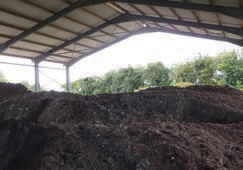

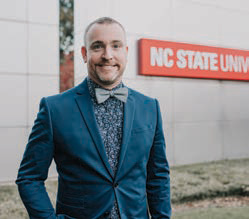
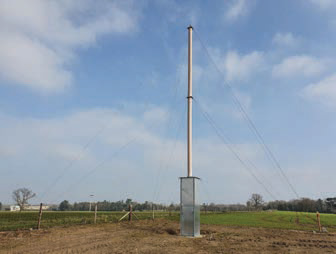 TEAGASC IMPROVE APHID MONITORING INFRASTRUCTURE FOR HORTICULTURAL AND TILLAGE PESTS
TEAGASC IMPROVE APHID MONITORING INFRASTRUCTURE FOR HORTICULTURAL AND TILLAGE PESTS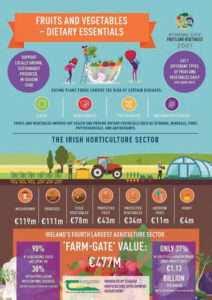
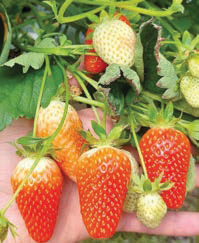
 Spent Mushroom Substrate (SMS) (or spent mushroom compost) is a
Spent Mushroom Substrate (SMS) (or spent mushroom compost) is a 
